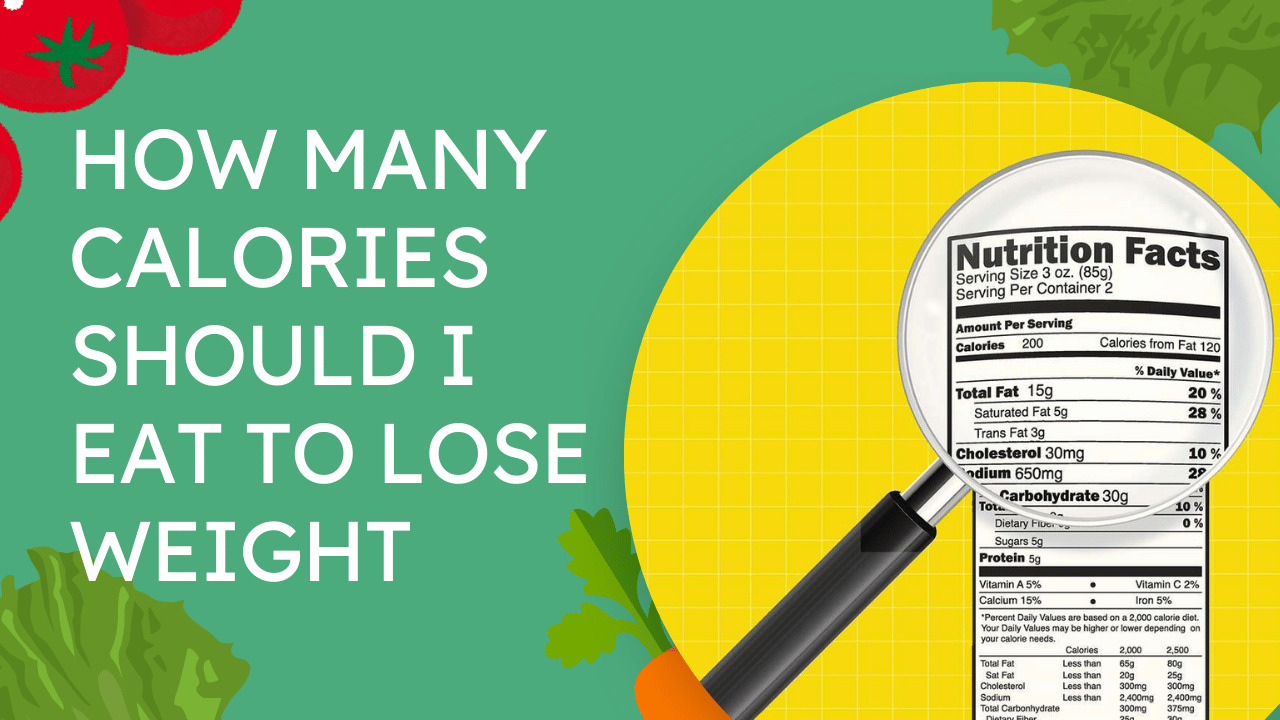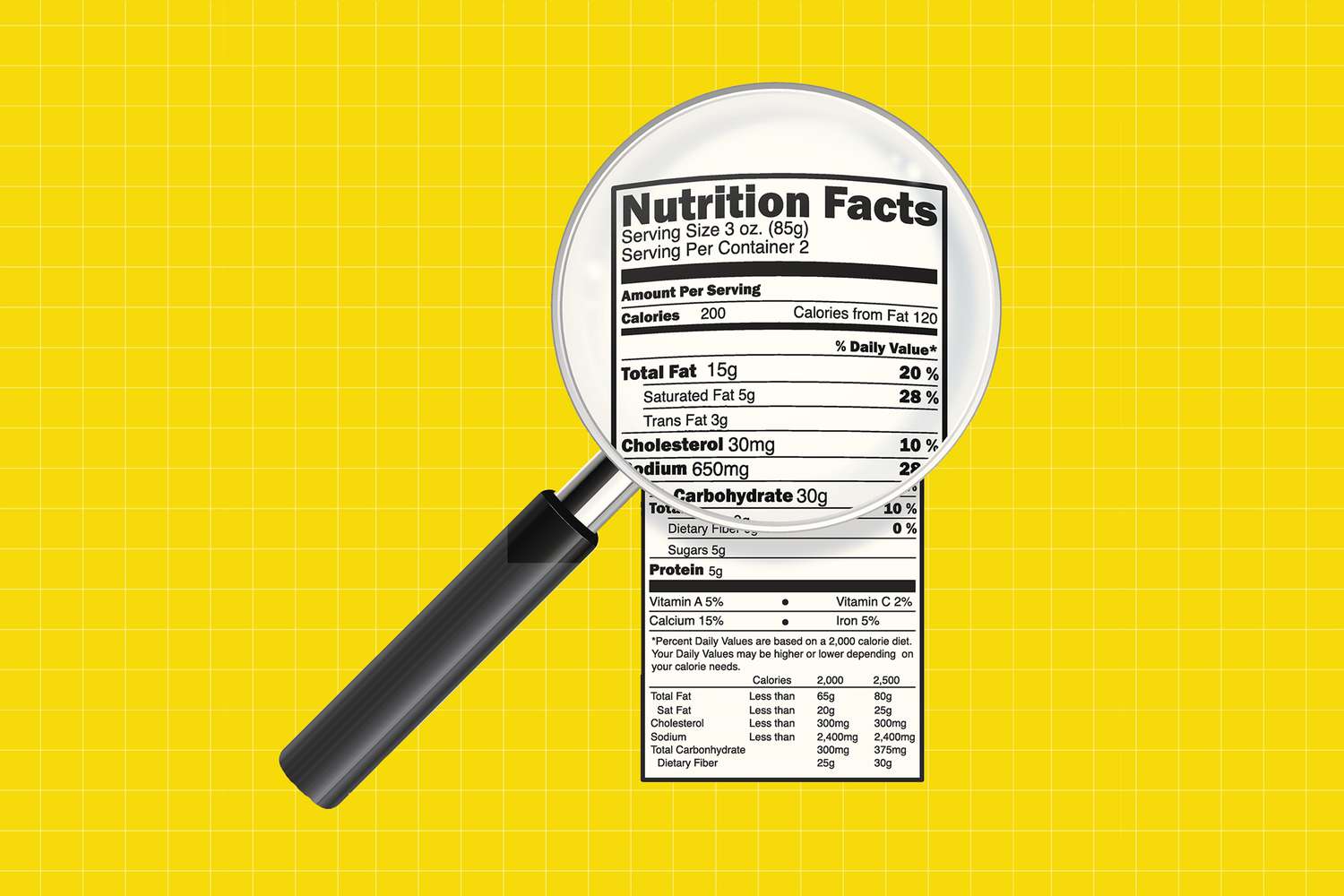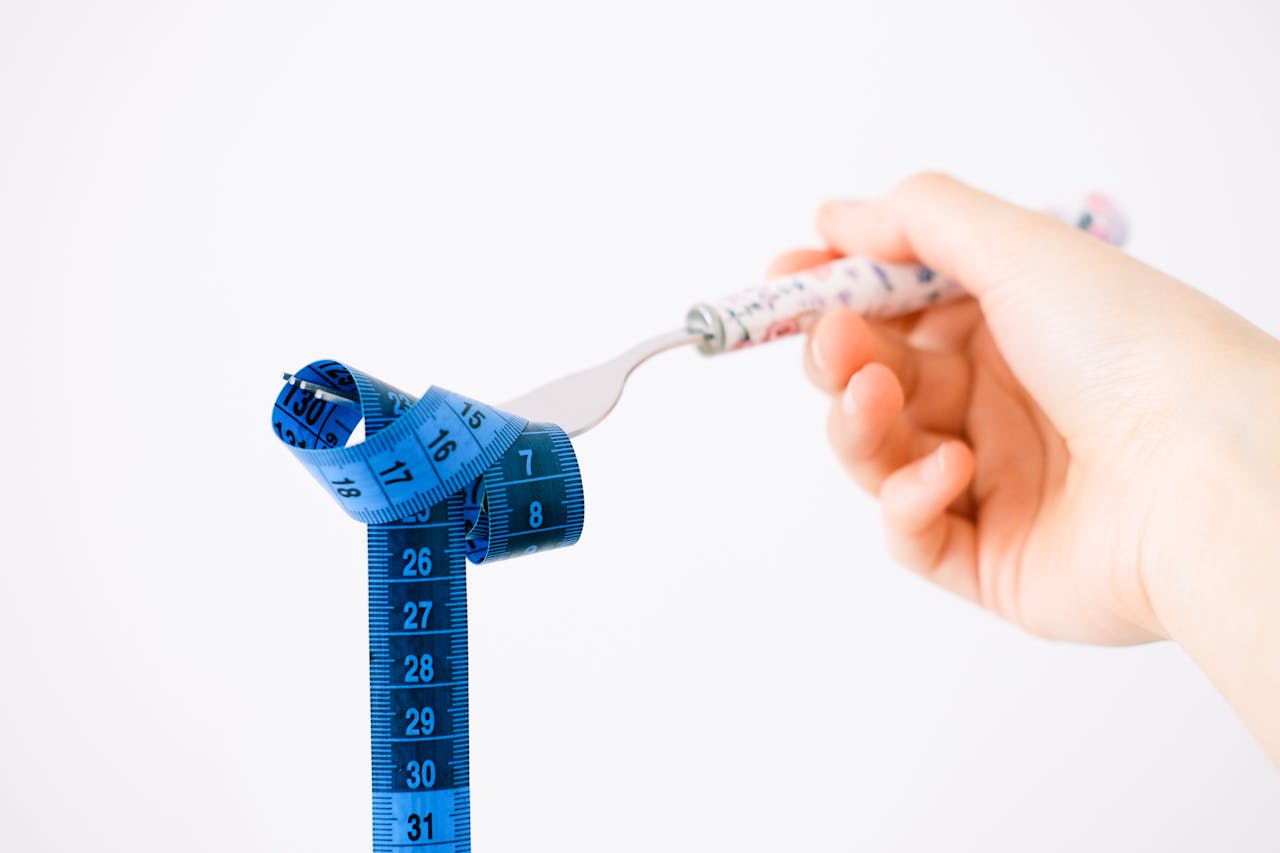How Many Calories Should I Eat To Lose Weight? – When it comes to weight loss, one fundamental principle remains: calories in versus calories out. Understanding how many calories you should consume each day for effective weight loss can be both a science and an art. In this article, we’ll delve into the intricacies of calorie consumption, explore how many calories you should eat to lose weight, and introduce you to calorie calculators that can assist you in your journey.

Understanding the Basics of Weight Loss
Weight loss fundamentally revolves around the concept of a caloric deficit. A caloric deficit occurs when you consume fewer calories than you burn over a certain period. This deficit forces your body to utilize stored fat for energy, which results in weight loss. However, determining how many calories to eat to achieve that deficit can vary significantly from person to person based on several factors, including:
- Basal Metabolic Rate (BMR): The number of calories your body needs at rest to maintain bodily functions such as breathing, circulation, and cell production.
- Physical Activity Level: The number of calories burned through physical activity, including exercise and daily movements.
- Age, Gender, and Genetics: These factors influence your energy expenditure and metabolic rate.
Calculating Your Caloric Needs
Before diving into a specific caloric goal for weight loss, it’s essential to calculate your Total Daily Energy Expenditure (TDEE). TDEE accounts for caloric deficits to aid weight loss efforts. Here’s how you can do it step-by-step:
- Calculate Your BMR: The Harris-Benedict equation is a widely used method for calculating BMR. Here’s how it works:
- For Men: BMR = 88.362 + (13.397 x weight in kg) + (4.799 x height in cm) – (5.677 x age in years)
- For Women: BMR = 447.593 + (9.247 x weight in kg) + (3.098 x height in cm) – (4.330 x age in years)
- Determine Your Activity Level: Multiply your BMR by an activity factor (depending on your lifestyle) to find your TDEE:
- Sedentary (little to no exercise): BMR × 1.2
- Lightly active (light exercise/sports 1-3 days/week): BMR × 1.375
- Moderately active (moderate exercise/sports 3-5 days/week): BMR × 1.55
- Very active (hard exercise/sports 6-7 days a week): BMR × 1.725
- Super active (very hard exercise/sports, physical job, or training twice a day): BMR × 1.9
- Establish Your Caloric Deficit: To lose weight safely and effectively, a typical recommendation is to create a caloric deficit of 500 to 1,000 calories per day, resulting in approximately 1-2 pounds of weight loss per week. For example:
- If your TDEE is 2500 calories, you should aim for around 2000-1500 calories to create a deficit.
How Many Calories Should You Eat to Lose Weight?
To summarize, the number of calories you should eat to lose weight varies based on your individual factors, including current weight, height, age, gender, and activity level. However, a general guideline for weight loss is as follows:
- Women: Aim for around 1200-1500 calories per day for weight loss.
- Men: Aim for around 1500-1800 calories per day for weight loss.
Using Calorie Calculators
In our technology-driven world, calorie calculators have emerged as powerful tools that can simplify the process of weight loss. These calculators can provide an estimate of the calories you should consume daily based on the details you input, including:
- Age
- Sex
- Height
- Weight
- Activity level
- Desired weight loss goals
Many online calculators exist, often providing quick results. Common options include the Mifflin-St Jeor calculator, MyFitnessPal, and the Cronometer app. These tools not only help determine your caloric needs but also offer insights into macronutrient distribution (carbohydrates, protein, and fats).
Tips to Ensure Successful Weight Loss
Reaching your calorie goal is just one component of effective weight loss. Here are several additional tips that can help ensure your success:
- Prioritize Nutrient-Dense Foods: While it’s essential to stay within your caloric limits, focusing on nutrient-dense foods can enhance your weight loss journey. Foods high in protein, fiber, and healthy fats can keep you satiated and provide vital nutrients. Incorporate plenty of fruits, vegetables, whole grains, lean proteins, and healthy fats into your meals.
- Stay Hydrated: Often, our bodies confuse thirst with hunger. Aim to drink sufficient water throughout the day, which can help curb unnecessary snacking and enhance metabolic processes.
- Monitor Your Progress: Keeping track of your food intake can provide insights that lead to better results. Apps that log your meals can help visualize patterns and behaviors around your eating habits.
- Incorporate Physical Activity: Exercise not only burns calories but also contributes to overall health. Engaging in both cardio and strength training can accelerate your weight loss efforts while preserving lean muscle mass.
- Be Patient and Kind to Yourself: Sustainable weight loss takes time. Avoid resorting to extreme dieting measures for quick results, as these are often unsustainable and detrimental to your health.
- Seek Professional Guidance if Needed: If you’re uncertain about how to begin or have specific health concerns (like metabolic disorders), consulting a registered dietitian or healthcare provider can offer you tailored advice.
When to Reassess Your Caloric Needs
Your caloric needs may change as you progress in your weight loss journey. Regularly reassess your BMR and TDEE every few weeks, especially as you lose weight, as this may lower your energy requirements. Adjust your caloric intake accordingly to continue seeing results.
Conclusion
Determining how many calories you should eat to lose weight is a critical step in your weight loss journey. By understanding your unique caloric needs and committing to a sustainable eating plan, you can achieve your weight loss goals effectively and healthily. Always remember to pair diet with physical activity and consult a healthcare professional for personalized advice. Your path to a healthier, more fulfilled self starts with informed choices and a dedication to wellness.
Whether you choose to use a calorie calculator or do the math manually, the ultimate goal should be a balanced, sustainable approach to living—one that allows you to lose weight while enjoying life and nourishing your body. Happy weight loss journey!


